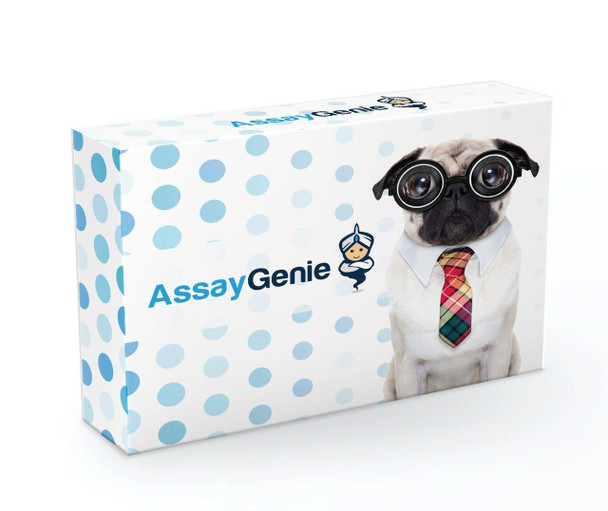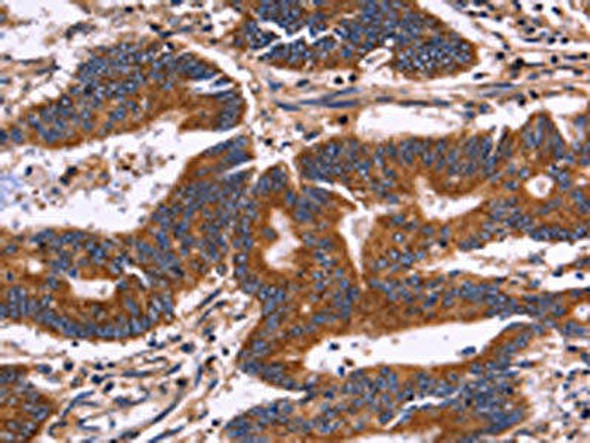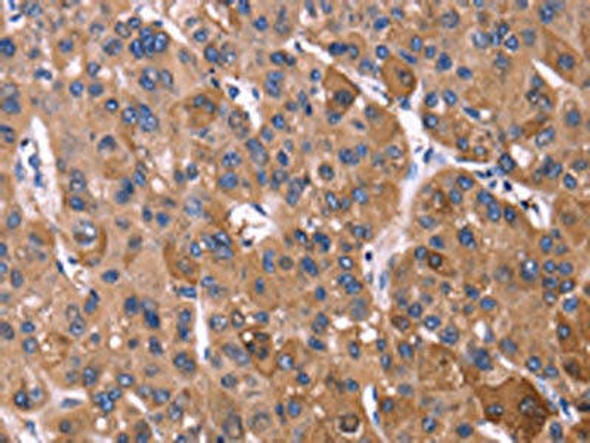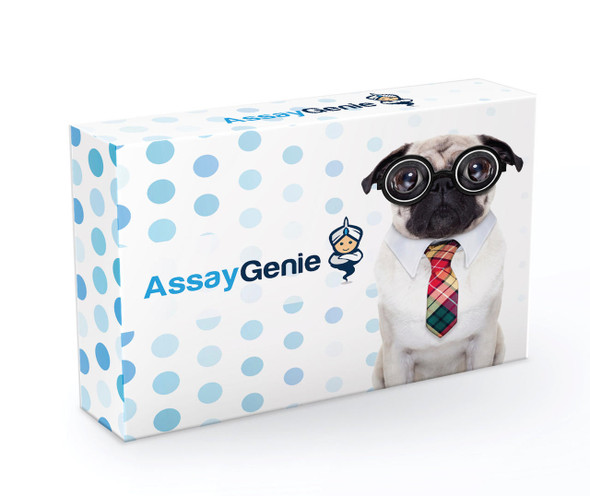KIR2DL1 Monoclonal Antibody [P2F9AT] (CPAB0514)
- SKU:
- CPAB0514
- Product Type:
- Antibody
- Antibody Type:
- Monoclonal Antibody
- Reactivity:
- Universal
- Host Species:
- Mouse
- Isotype:
- IgG2a
- Clone:
- P2F9AT
- Applications:
- WB
- ELISA
Description
KIR2DL1 Monoclonal Antibody [P2F9AT] (CPAB0514)
The Kir2DL1 Antibody (CPAB0514) is a valuable tool for researchers studying Kir2DL1, a member of the killer cell immunoglobulin-like receptor (KIR) family involved in immune regulation and recognition of target cells. This polyclonal antibody, produced in rabbits, has been validated for use in various applications, including Western blot and immunohistochemistry.Kir2DL1 plays a key role in regulating natural killer (NK) cell function and is involved in controlling immune responses and target cell recognition. By targeting Kir2DL1, researchers can delve deeper into understanding the mechanisms underlying immune regulation and the interactions between immune cells and target cells.
With its high reactivity with human samples, this antibody is an excellent choice for studies in immunology, cancer research, and autoimmune diseases. By detecting and analyzing Kir2DL1 expression in different cell types, researchers can further explore the role of this receptor in immune response modulation and potentially uncover new therapeutic targets for various immune-related conditions.
| Product Name: | KIR2DL1 Antibody |
| Product Sku: | CPAB0514 |
| Size: | 5μg |
| Host Species: | Mouse |
| Immunogen: | Anti-human KIR2DL1 mAb is derived from hybridization of mouse SP2/ myeloma cells with spleen cells from BALB/c mice immunized with recombinant human KIR2DL1 amino acids 23-223 purified from Ecoli. |
| Clone: | P2F9AT. |
| Reactivity: | Other bodies |
| Applications: | Western Blot, ELISA |
| Purification Method: | KIR2DL1 antibody was purified from mouse ascitic fluids by protein-G affinity chromatography. |
| Isotype: | IgG2a |
| Background: | Killer-cell immunoglobulin-like receptors (KIRs), are a family of cell surface glycoproteins found on Natural Killer (NK) Cells, which are important cells of the immune system. They control the killing function of these cells by interacting with MHC class I molecules, which are expressed on all cell types. This interaction allows them to identify virally infected cells or tumor cells that have a distinctive low level of Class I MHC on their surface. The majority of KIRs are inhibitory, which means that their recognition of MHC suppresses the cytotoxic activity of their NK cell. Only a limited number of KIRs have the capacity to activate cells. The KIR genes are found in a cluster on chromosome 19q13.4 within the 1 Mb leukocyte receptor complex (LRC). KIR molecules are extremely polymorphic, meaning their gene sequences differ significantly between individuals, so that different individuals have different arrays/repertoires of KIR genes. The KIR proteins are categorized by the number of |
| Synonyms: | Killer cell immunoglobulin-like receptor 2DL1, MHC class I NK cell receptor, Natural killer-associated transcript 1, NKAT-1, p58 natural killer cell receptor clones CL-42/47.11, p58 NK receptor, p58.1 MHC class-I-specific NK receptor, CD158 antigen-like family member A, CD158a antigen, KIR2DL1, CD158A, NKAT1, NKAT, p58.1, KIR221, KIR-K64. |
| Storage Buffer: | For periods up to 1 month store at 4°C, for longer periods of time, store at -20°C. Prevent freeze thaw cycles. |







